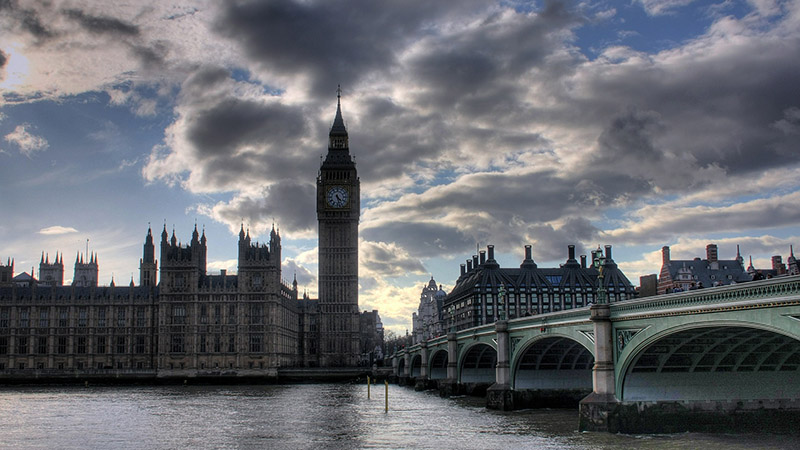UK greenhouse gas emissions fell a whopping 38% from 1990 to 2015, the country’s National Statistics body confirmed in a report on Tuesday.
That’s one of the fastest rate of emissions cuts in any developed country, nearly passing an EU-wide 2030 goal of 40% carbon pollution cuts.
The reason for the dramatic fall? Coal is on its way out. Fast. According to a 2016 analysis by the Carbon Brief website, UK coal use hit its lowest level for 150 years.
“Changes in the relative wholesale price of coal versus gas, an increase in the UK’s carbon tax last April, the closure of the SSI steelworks in Redcar, the rise of renewables and a rebound in nuclear output all contributed to the reduction in coal use in 2015,” it says.
“Renewables’ share of generation was up from 19% in 2014, an increase of nearly a third. Within that, the largest increases were for solar, up 87%, and biomass, up 44%. In total, renewable output has more than tripled since 2010.”
ANALYSIS: UK electricity in 2016
9% coal (lowest ever)
25% renewables (record high)
21% nuclear
43% gashttps://t.co/rSRz4q7J2f pic.twitter.com/oSvrhACsKT— Simon Evans (@DrSimEvans) January 6, 2017
The final figures for 2015 say emissions fell 3.8% on 2014 levels, meaning the country is on track to meet its commitments under its carbon budget running to 2017.
Energy still accounts for the largest chunk of UK emissions at 29%, followed by transport (24%), business (17%), residential (13%) and agriculture (10%).
But the stats also illustrate how the government has relied on cleaning up energy and waste emissions to meet its goals.
In contrast, emissions from the transport fleet have only fallen 2% since 1990, while farming, land use and residential emissions also refused to drop.
The government is expected to pay more attention to these sectors in a much-delayed emissions reduction plan, now promised “during 2017”.
Report: Brexit Britain plan boosts smart grid and electric cars
